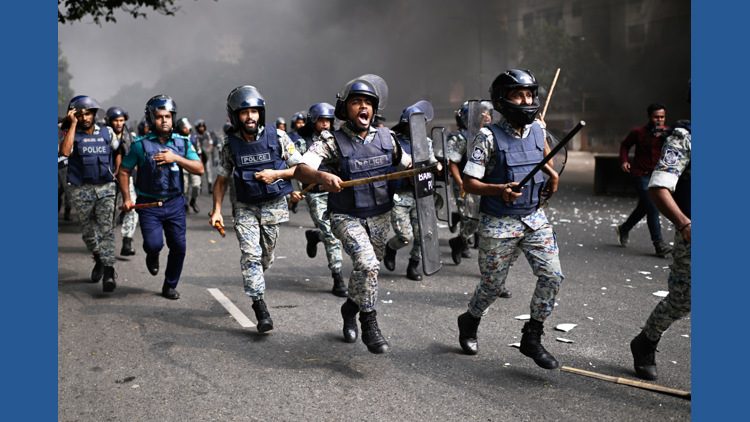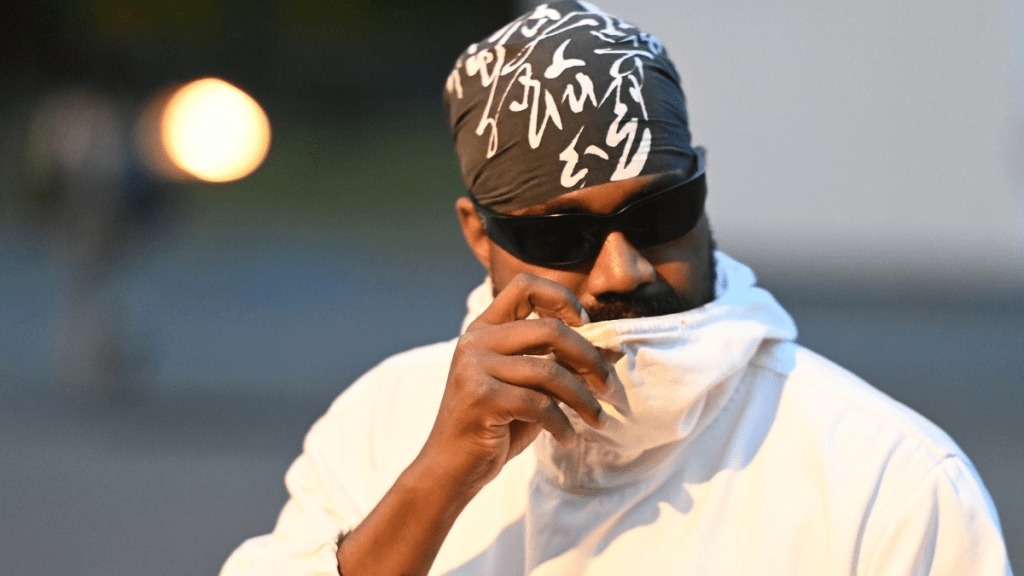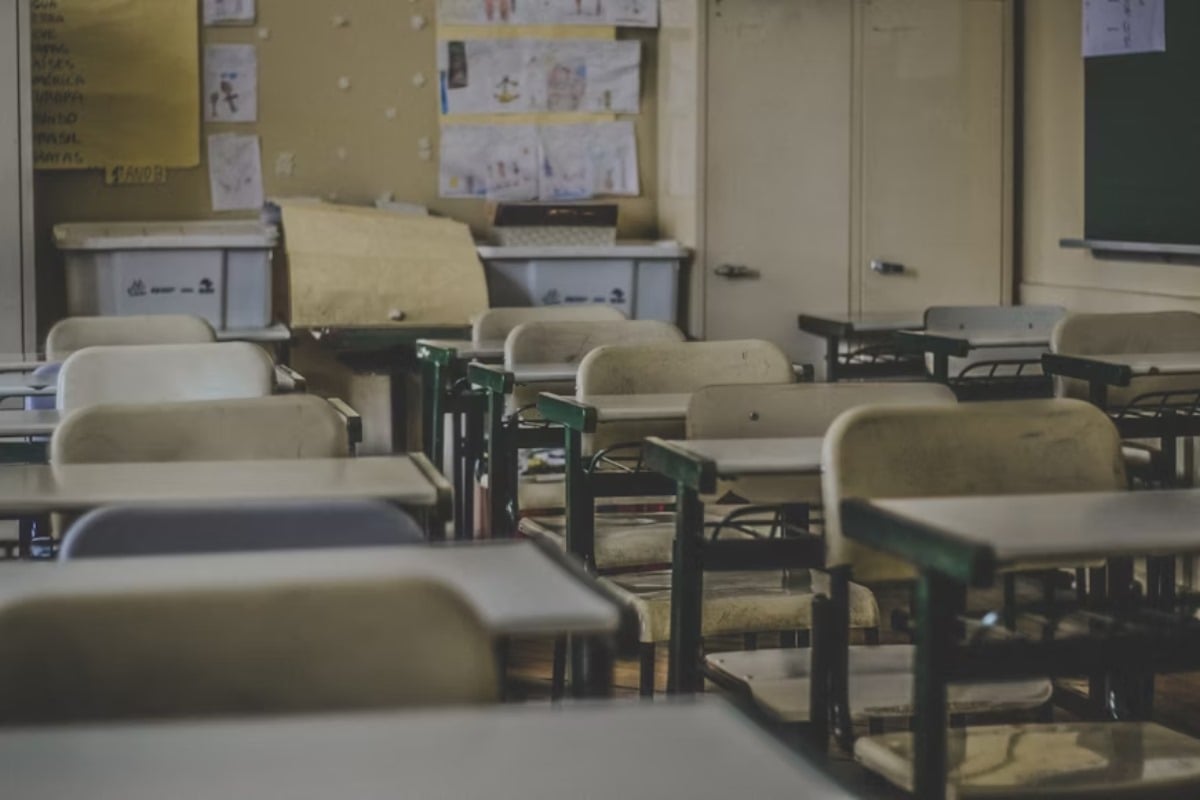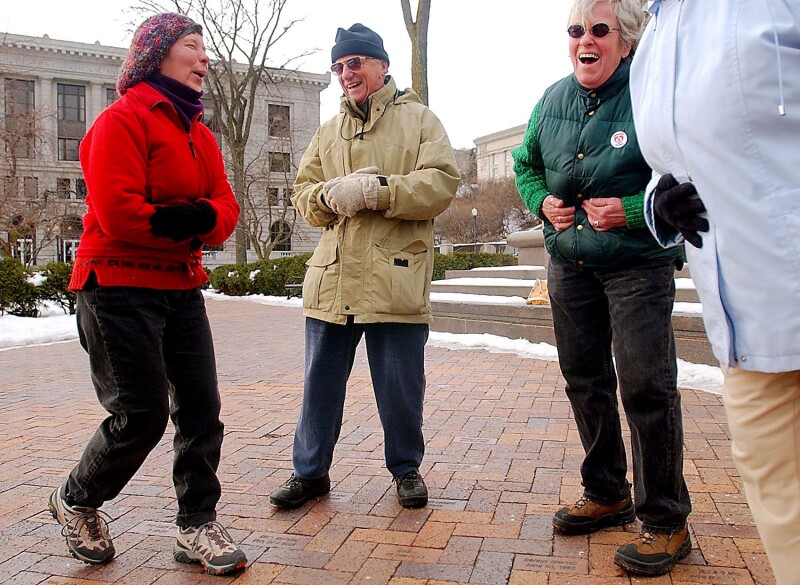UPDATE: Sajeeb Wazed Joy, son of ousted Prime Minister Sheikh Hasina, demands the interim government of Bangladesh lift the ban on Hasina’s party to ensure a legitimate election. In a crucial interview with The Associated Press, Joy emphasized that excluding the Awami League from the electoral process would render the upcoming polls a “sham.”
Joy’s comments come amid escalating political tensions as Bangladesh prepares for its next election scheduled for February 2026. He warned that the nation would remain politically unstable without an inclusive electoral framework. “This ban has to be lifted, the elections have to be inclusive and free and fair,” Joy stated from Washington D.C., highlighting the urgency of the situation.
The interim government, led by Nobel Peace Prize laureate Muhammad Yunus, imposed a ban on the Awami League shortly after Hasina was ousted last year. The move has triggered widespread criticism from international human rights groups, including Human Rights Watch, which called for an end to the “broad ban” restricting political activities.
Joy, who has resided in the U.S. for the past 30 years, warned that if the Awami League is not given sufficient time to prepare, the electoral outcome will lack credibility. “Even if the ban is lifted at the last minute, the elections will be a sham,” he asserted, underscoring the need for fair representation.
The political landscape in Bangladesh is increasingly fragmented. With approximately 170 million citizens and a multitude of political parties, the absence of the Awami League could tilt the balance of power in favor of rival factions. The Bangladesh Nationalist Party, led by former Prime Minister Khaleda Zia, is poised to be the main contender in the upcoming elections. Meanwhile, the Jatiya Party also faces restrictions, with its headquarters attacked and rallies disrupted.
Joy expressed concerns over the rising influence of Islamist groups, specifically the Jamaat-e-Islami, which has re-entered politics after being suppressed during Hasina’s administration. He warned that if political instability continues, these groups could gain significant ground in the upcoming elections.
In a stark reminder of the human cost of this political strife, Joy claimed that around 800 people have died since the political upheaval, disputing a UN report that estimates the toll at up to 1,400. He emphasized the need for thorough investigations into these incidents and criticized Yunus’ government for allegedly granting immunity to protesters involved in last year’s violence.
The interim government has faced accusations of human rights violations, with Joy alleging that tens of thousands of Awami League supporters have been imprisoned without bail. “The human rights record of this regime is brutal,” he stated, adding that religious minorities, specifically Hindus, have become prime targets under the current regime.
As this political crisis unfolds, the international community watches closely. The interim government has not yet responded to Joy’s demands, leaving many to question the future of democracy in Bangladesh.
Next Steps: Citizens and international observers alike are urged to monitor developments closely as the political landscape remains charged. The upcoming elections will be pivotal in determining the future direction of Bangladesh’s democracy and stability.
Stay tuned for further updates on this developing story.







